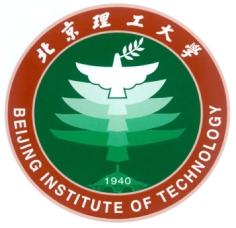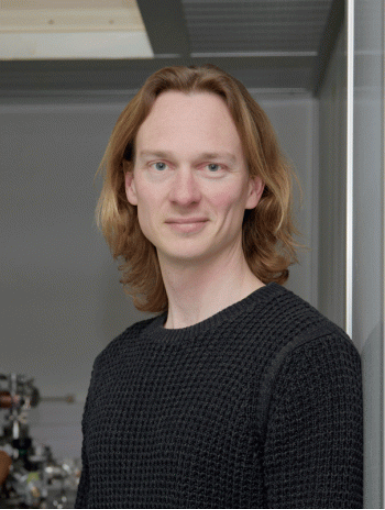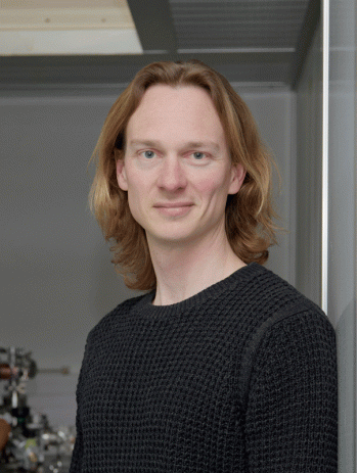No.453 Majorana or not? A story of noise and Fe(Se,Te)
来源: 作者: 发布时间:2024-06-06contact person: 王东飞 教授
reporter: Freek Massee
time: 2024-06-06
place:
profile:


![]()
第453期
题目:Majorana or not? A story of noise and Fe(Se,Te) |
报告人:Freek Massee研究员,固体物理实验室,法国国家科学研究中心 时 间:北京时间2024年6月6日(周四)下午15 : 30 地 点:线上,腾讯会议号:316-211-531 |
摘要: The search for Majorana fermions in condensed matter systems has resulted in a number of putative claims of their discovery. If true, these exotic particles, that are their own anti-particle, could become the basis for error-free quantum computing. Unambiguous proof, however, is thus far lacking and challenging to provide. A recently proposed method to distinguish Majorana bound states from more conventional Andreev-, and Yu-Shiba-Rusinov states is to measure their shot noise [1]. In this talk I will show how we implemented MHz circuitry in our home-built scanning tunnelling microscope [2] to be able to measure shot-noise at the atomic scale. We then used this technique to study conventional in-gap states in superconducting NbSe2 [3], finding excellent agreement with theory, allowing us to extract the intrinsic lifetime of the sub-gap states. Finally, we set out to investigate two possible Majorana sightings in Fe(Se,Te): zero energy bound states at single Fe impurities and linear sub-gap density of states at 1D defects [4]. [1] Phys. Rev. B 104, L121406 (2021) [2] Rev. Sci. Instrum. 89, 093708 (2018) [3] Phys. Rev. Lett. 128, 247001 (2022) [4] Nature Commun. 15, 3774 (2024) |
Freek Massee is a CNRS researcher at the Laboratoire de Physique des Solides (LPS) in Orsay, France. He specializes in atomic scale studies of correlated electron materials, such as high temperature superconductors and topological insulators. At the LPS he built a scanning tunnelling microscope (STM) that can detect both the conventional time-averaged current as well as current noise, enabling new insights into dynamics at the atomic scale, for which he received the CNRS Bronze medal in 2021. |
联系方式:dfwang@bit.edu.cn 邀请人: 王东飞 教授 网 址:http:/ 承办单位:物理学院、先进光电量子结构设计与测量教育部重点实验室 |
“Boyue Academic Forum” series of reports
No. 453
*Title:Majorana or not? A story of noise and Fe(Se,Te) |
*Reporter:Freek Massee, Staff scientist, Solid State Physics Laboratory, CNRS, France *Time:15 : 30 pm, 6 June 2024 (Thursday) UTC+08:00 *Place:Online meeting link:316-211-531 *Contact Person: dfwang@bit.edu.cn |
*Abstract: The search for Majorana fermions in condensed matter systems has resulted in a number of putative claims of their discovery. If true, these exotic particles, that are their own anti-particle, could become the basis for error-free quantum computing. Unambiguous proof, however, is thus far lacking and challenging to provide. A recently proposed method to distinguish Majorana bound states from more conventional Andreev-, and Yu-Shiba-Rusinov states is to measure their shot noise [1]. In this talk I will show how we implemented MHz circuitry in our home-built scanning tunnelling microscope [2] to be able to measure shot-noise at the atomic scale. We then used this technique to study conventional in-gap states in superconducting NbSe2 [3], finding excellent agreement with theory, allowing us to extract the intrinsic lifetime of the sub-gap states. Finally, we set out to investigate two possible Majorana sightings in Fe(Se,Te): zero energy bound states at single Fe impurities and linear sub-gap density of states at 1D defects [4]. [1] Phys. Rev. B 104, L121406 (2021) [2] Rev. Sci. Instrum. 89, 093708 (2018) [3] Phys. Rev. Lett. 128, 247001 (2022) [4] Nature Commun. 15, 3774 (2024) |
Freek Massee is a CNRS researcher at the Laboratoire de Physique des Solides (LPS) in Orsay, France. He specializes in atomic scale studies of correlated electron materials, such as high temperature superconductors and topological insulators. At the LPS he built a scanning tunnelling microscope (STM) that can detect both the conventional time-averaged current as well as current noise, enabling new insights into dynamics at the atomic scale, for which he received the CNRS Bronze medal in 2021. |
Contact Person: Prof. Dongfei Wang Email:dfwang@bit.edu.cn Website:http:/ Hosting Organization:School of Physics, Beijing Institute of Technology; Key Laboratory of Advanced Optoelectronic Quantum Architecture and Measurement (MOE) |






